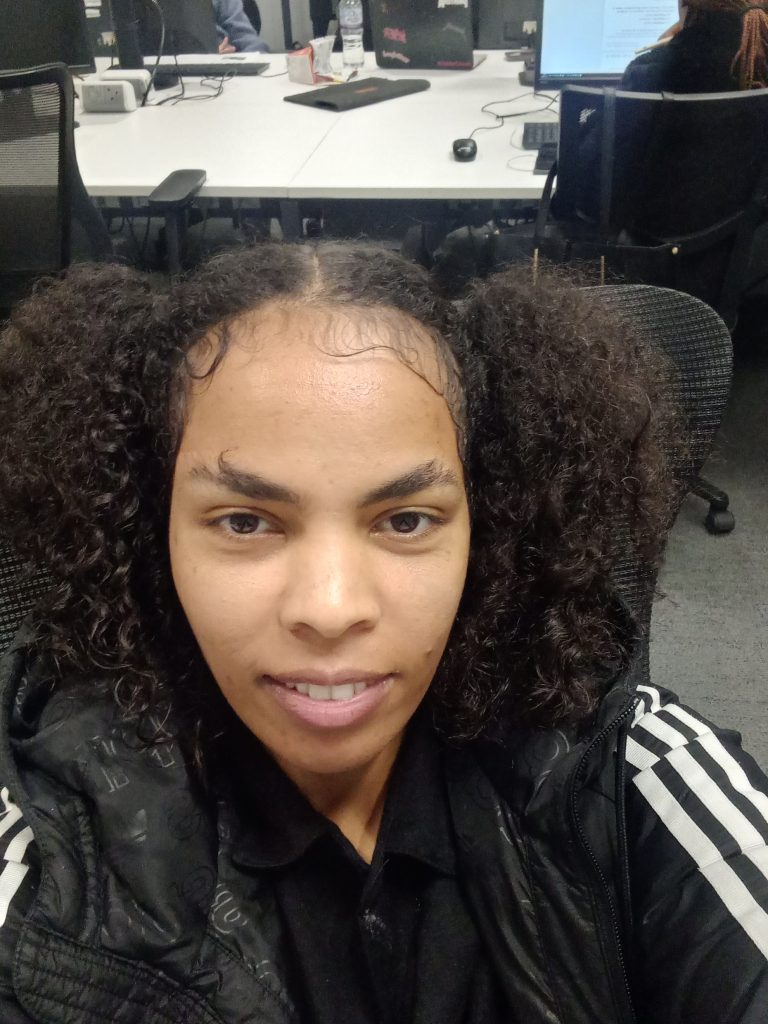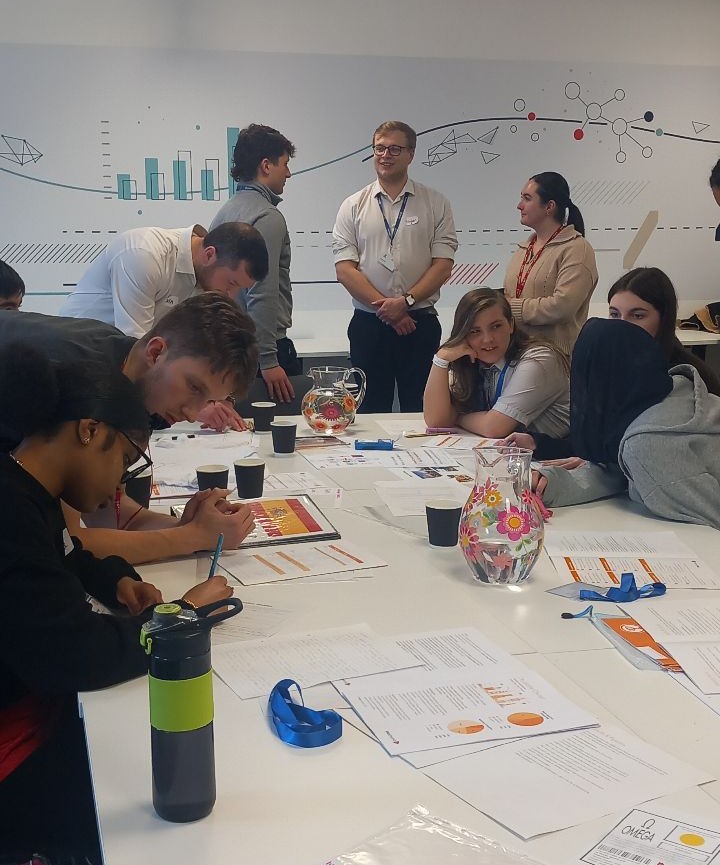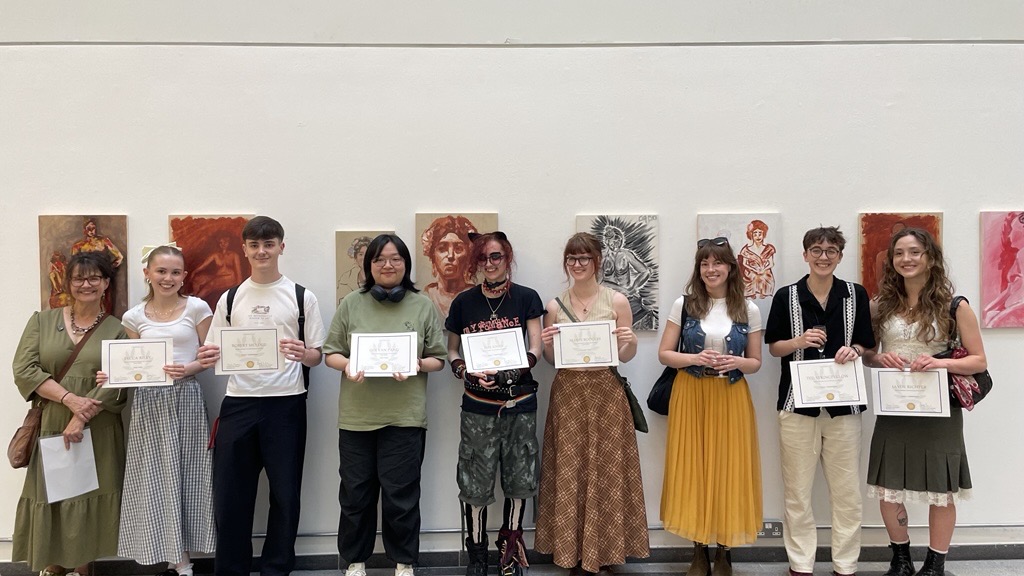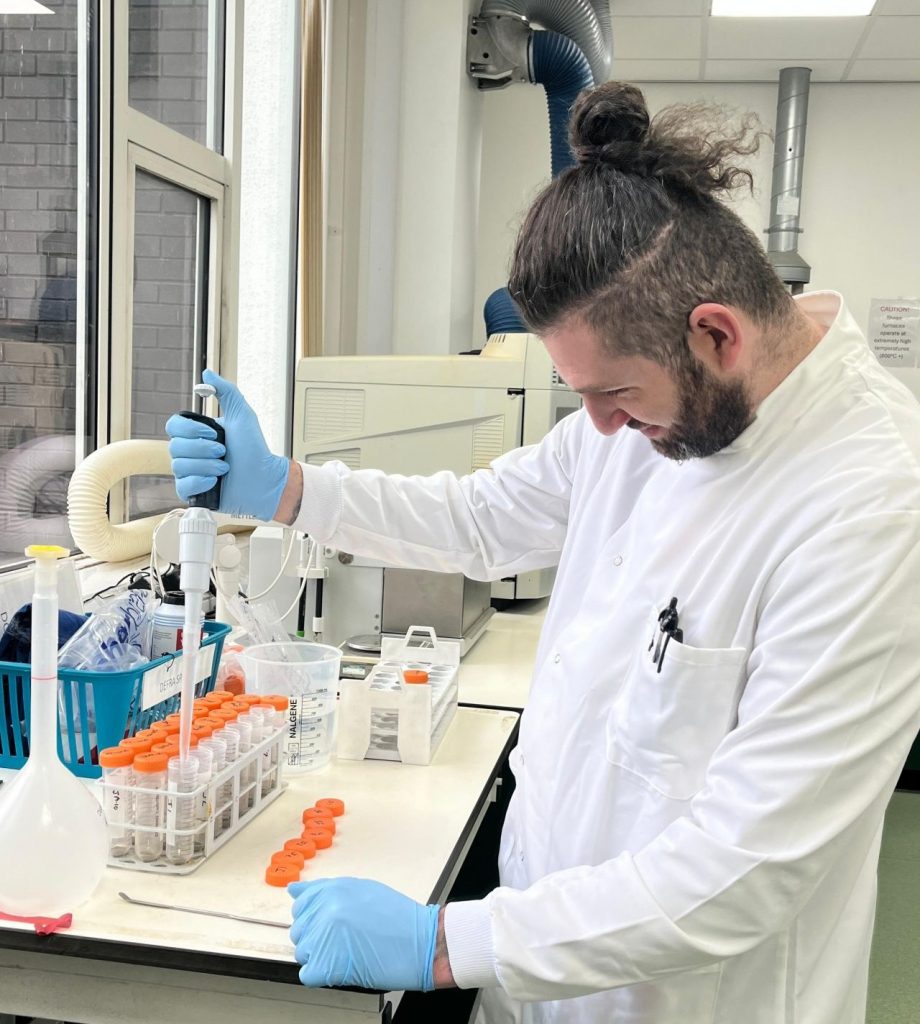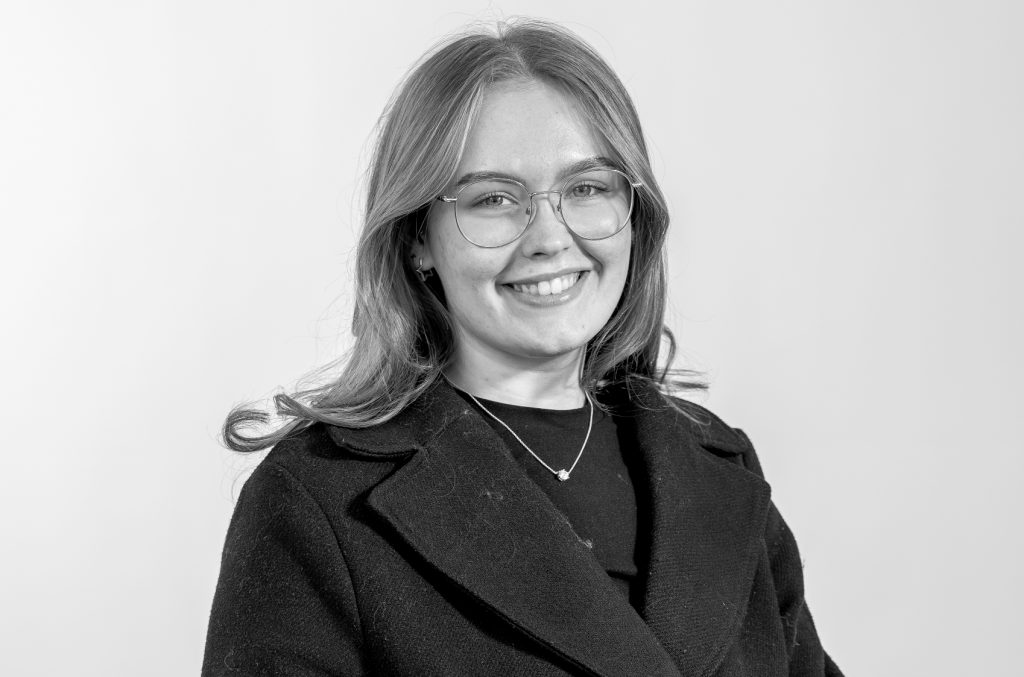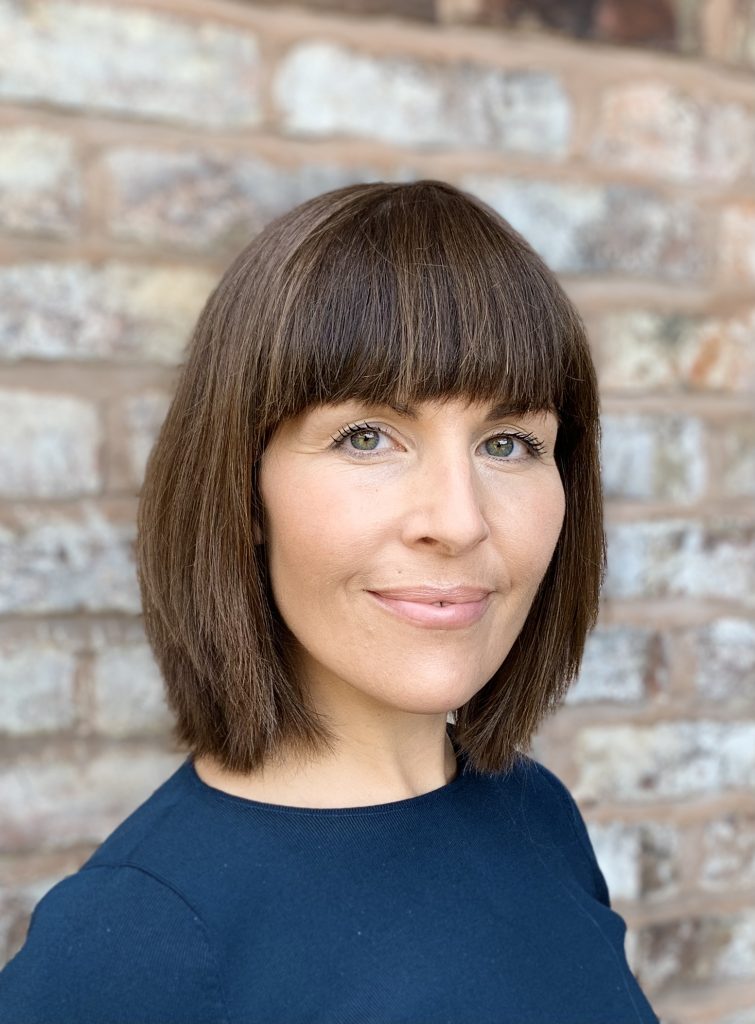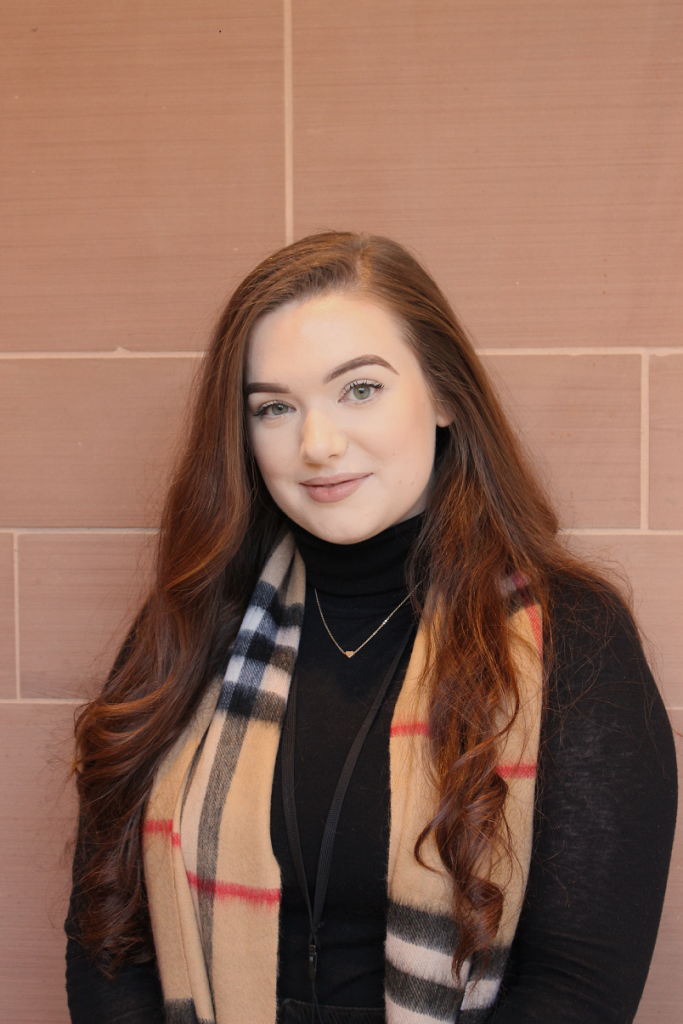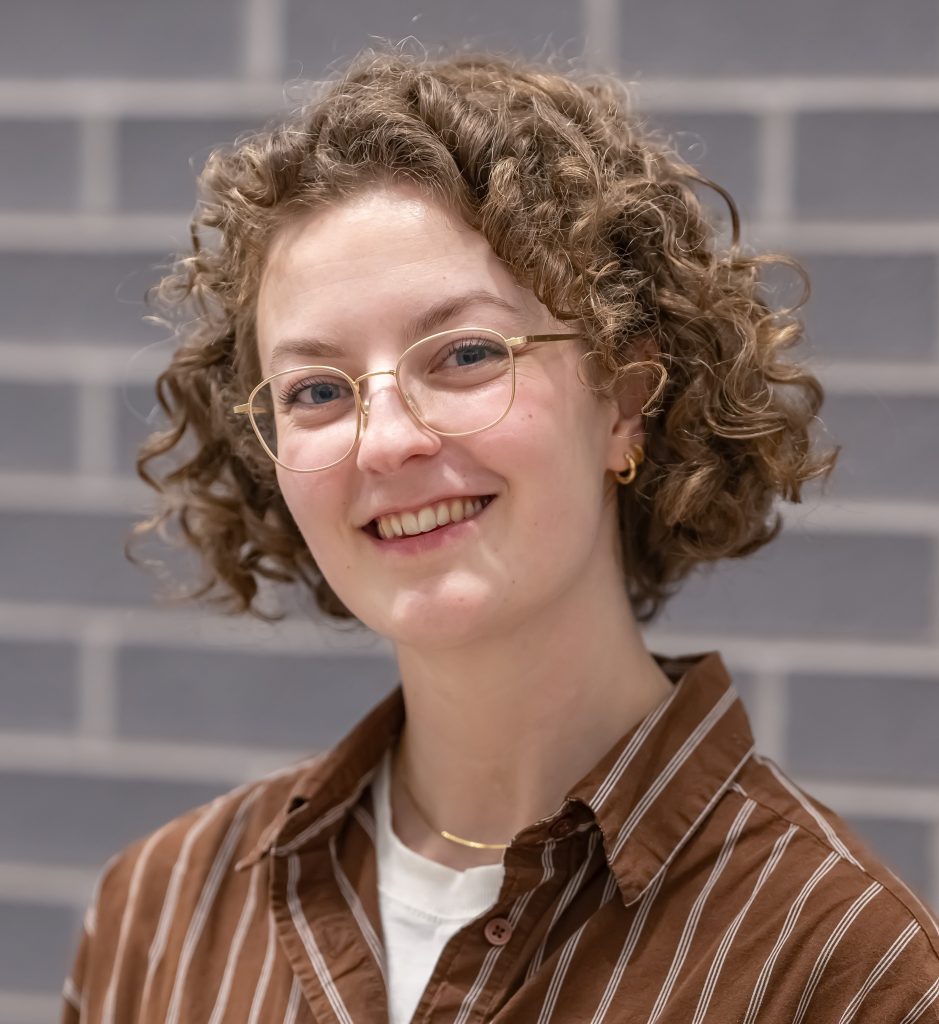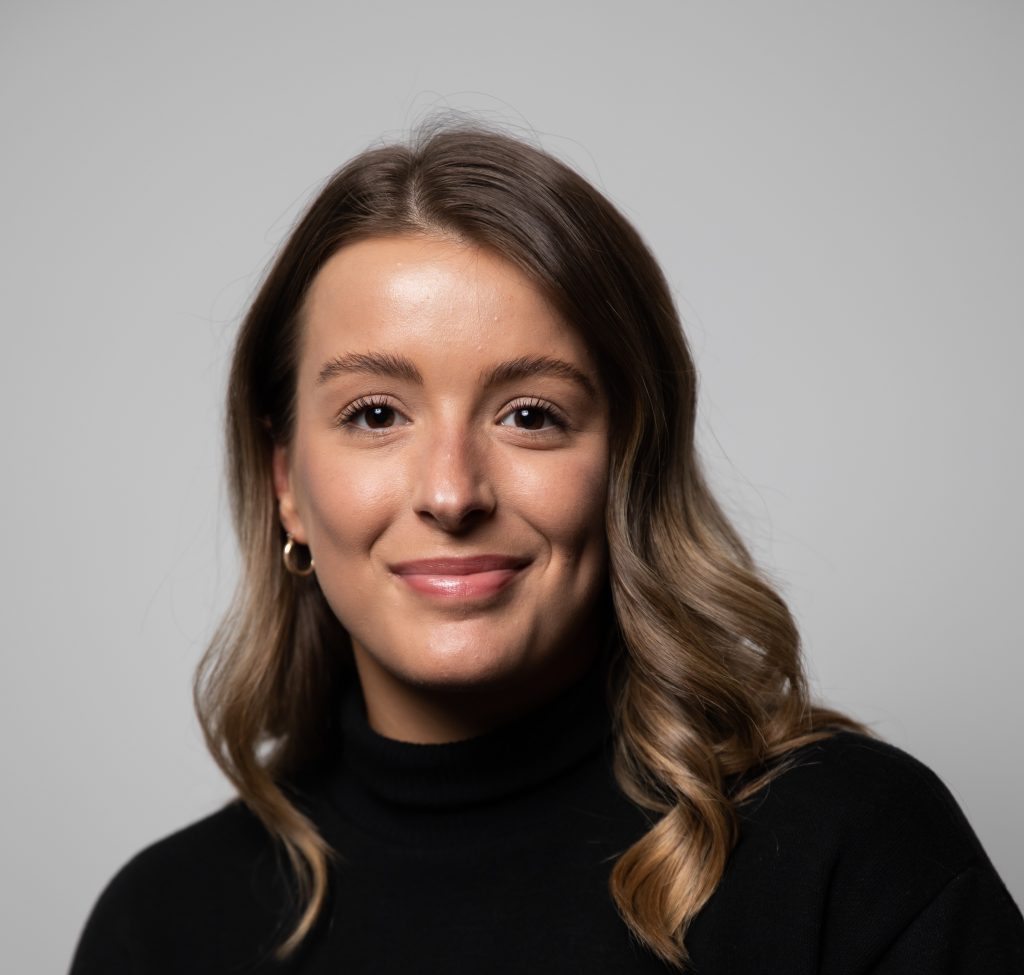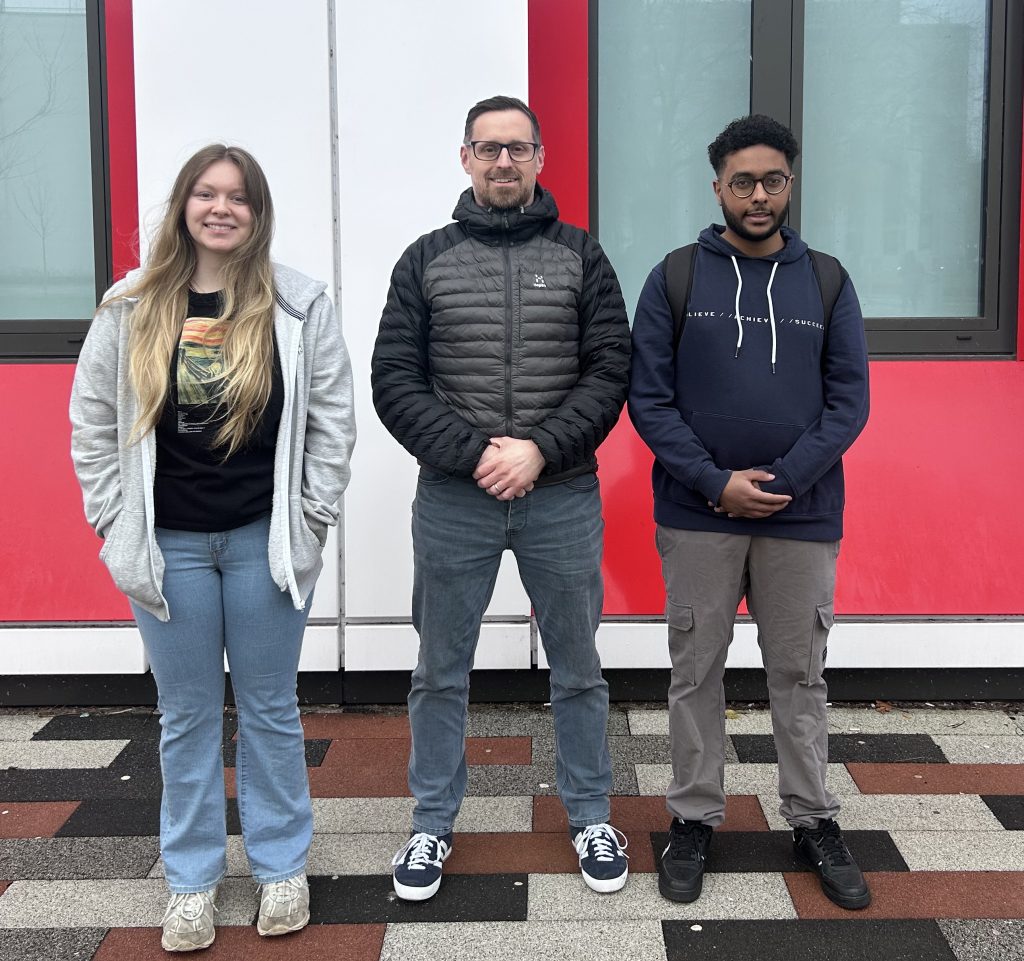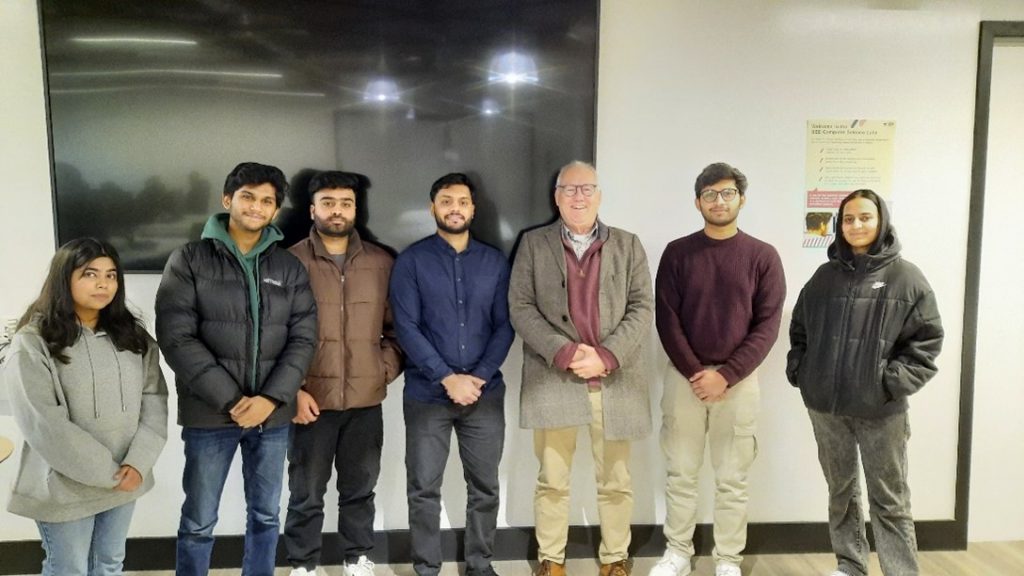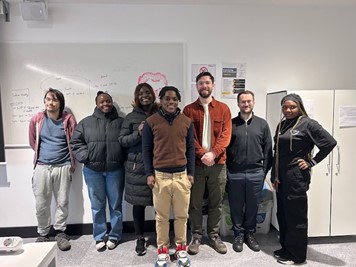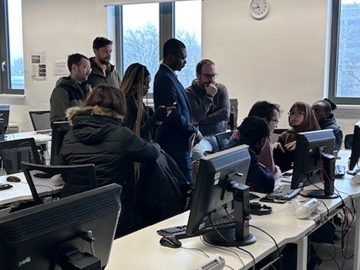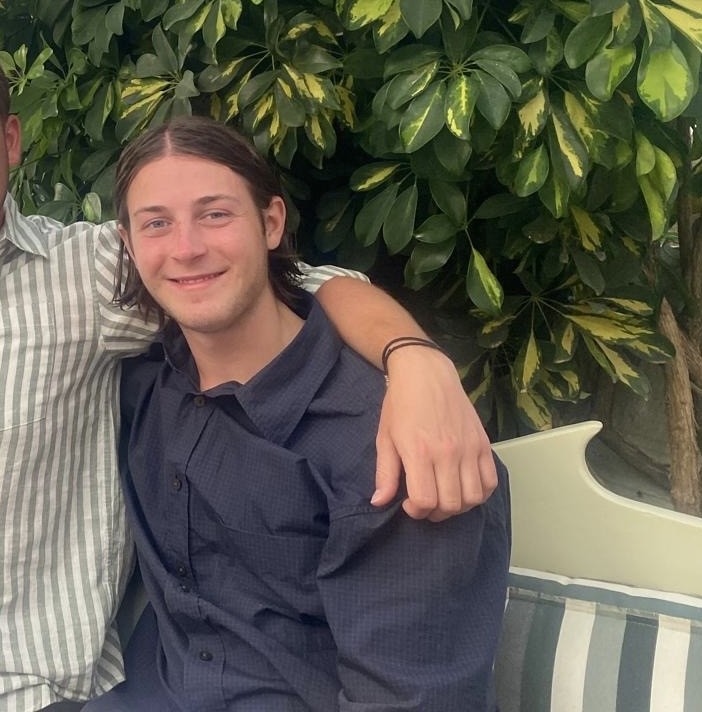
We recently caught up with James, a driven first-year Civil Engineering student at University of Salford and a recipient of a Donor-Funded scholarship from MGF. When James chose Salford, he wasn’t just looking for a degree, he was searching for a university that would equip him with the skills, experience and confidence to thrive in the real world.
From day one, he set out to make the most of every opportunity, determined to build a future grounded in both knowledge and practical experience; James explained ‘I was drawn to Salford because of its strong reputation for industry-focused learning…the course structure, hands-on approach, and access to modern facilities really stood out to me.’ The most important factor in James’s University experience, however, was the people. ‘One of the best parts of studying here is the relationship we have with our lecturers. They’re approachable, supportive, and genuinely want to see us succeed. It creates a really positive learning environment.’
James went on to talk more about his studies and the impact of his scholarship.
The power of a Scholarship
James is a recipient of a donor-funded scholarship, something he says has had a huge impact on both his studies and his confidence.
‘I applied for the scholarship to help ease the financial pressures of university,’ he explains. ‘But it’s done so much more than that.’ Through the scholarship, James had the opportunity to meet the director of MGF, the company funding his award. ‘It was an amazing chance to learn more about the industry, ask questions, and start building professional connections early on.’
A Scholarship is more than financial support
The scholarship has helped James feel more connected to the university and more motivated in his studies. ‘Knowing that someone believes in my potential has really boosted my confidence. It’s encouraged me to stay focused and make the most of every opportunity.’ From networking events to mentoring opportunities, the support has helped James become more proactive and excited about his future career in civil engineering.
Looking ahead
As James continues his journey at Salford, he’s grateful for the experiences and support that have shaped his time so far.‘The scholarship has truly enhanced my university experience, academically, professionally, and personally. It’s helped me grow in ways I didn’t expect.’
We would like to give a heartfelt thank you to MGF for your generous support of our students like James. Your commitment to education is making a difference; by investing in their academic journey, you’re not only helping them succeed in their studies but also investing in them as they prepare to step confidently into their future careers. Your support is laying the foundation for long-term success, and we are incredibly grateful for your support.

